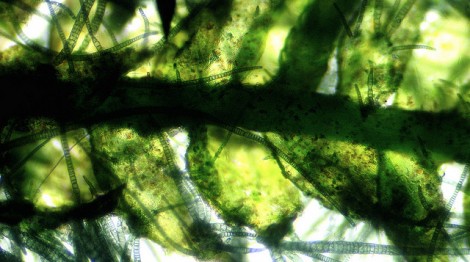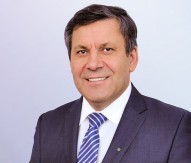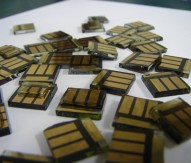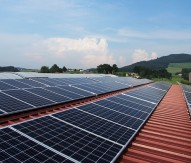
Clean fuels project receives H2020 funding
Horizon 2020 is funding a four-year project to develop clean fuels using microscopic organisms called cyanobacteria.
Cyanobacteria get their energy from sunlight through photosynthesis and excrete oxygen as a byproduct. It is thought that billions of years ago they dramatically changed the composition of the Earth’s atmosphere, causing different lifeforms to thrive and oxygen-intolerant organisms to die out.
The PhotoFuel project now aims for low carbon liquid fuel, as well as oxygen, by re-engineering cyanobacteria. Researchers believe this could help to reduce CO2 emissions from transport.
To achieve this, the consortium will develop a prototype system using a bioreactor to house the re-engineered cyanobacteria. The bioreactor will feed sunlight, water and CO2 to the cyanobacteria, which will then convert it into clean alkane and alcohol fuels.
It is hoped that these bioreactors could be scaled up to an industrial level, with ‘living refineries’ producing low carbon, cost effective and sustainable fuels that could be transported to petrol stations.
Dr Hellgardt of Imperial College London, a project partner, said: “We need to have a secure supply of energy in order for our modern world to keep on functioning, but the carbon emissions from fossil fuels are contributing to climate change and we need to address that as well.
“That is why projects like PhotoFuel are so important. It could provide us with another source of clean energy, helping to mitigate the effects of vehicles on our environment.”
The €6m PhotoFuel consortium is led by car manufacturer Volkswagen. As well as Imperial College London, UK, partners include Uppsala Universitet, Sweden; Universität Bielefeld, Germany; Università degli Studi di Firenze, Italy; and A4F Algafuel SA, Portugal.
IFP Energies Nouvelles, France; Neste Oil Corporation, Finland; Karlsruhe Institute of Technology, Germany; Centro Ricerche Fiat SCPA, Italy; VOLVO Technology, Sweden and SYNCOM F&E Beratung GmbH, Germany, are also involved.




